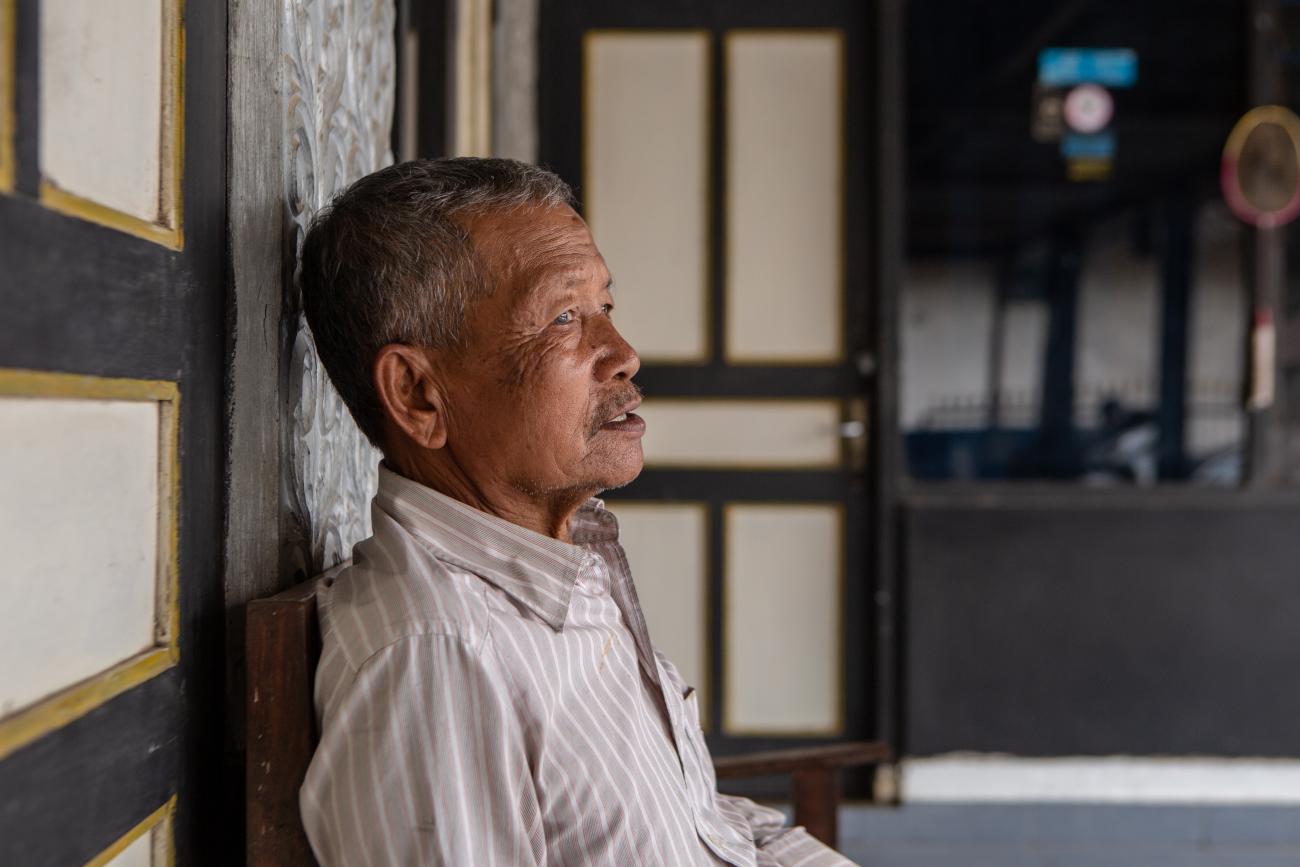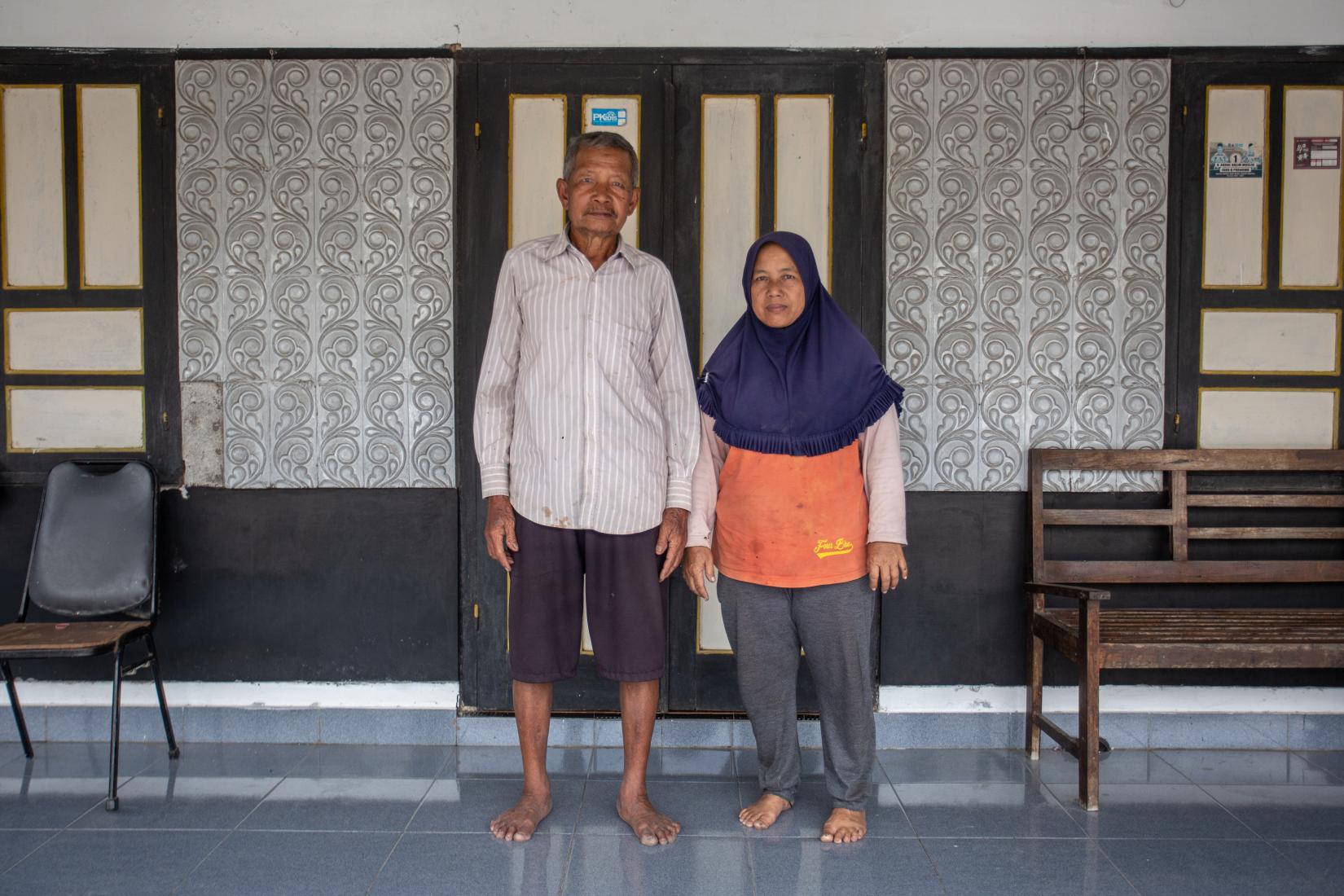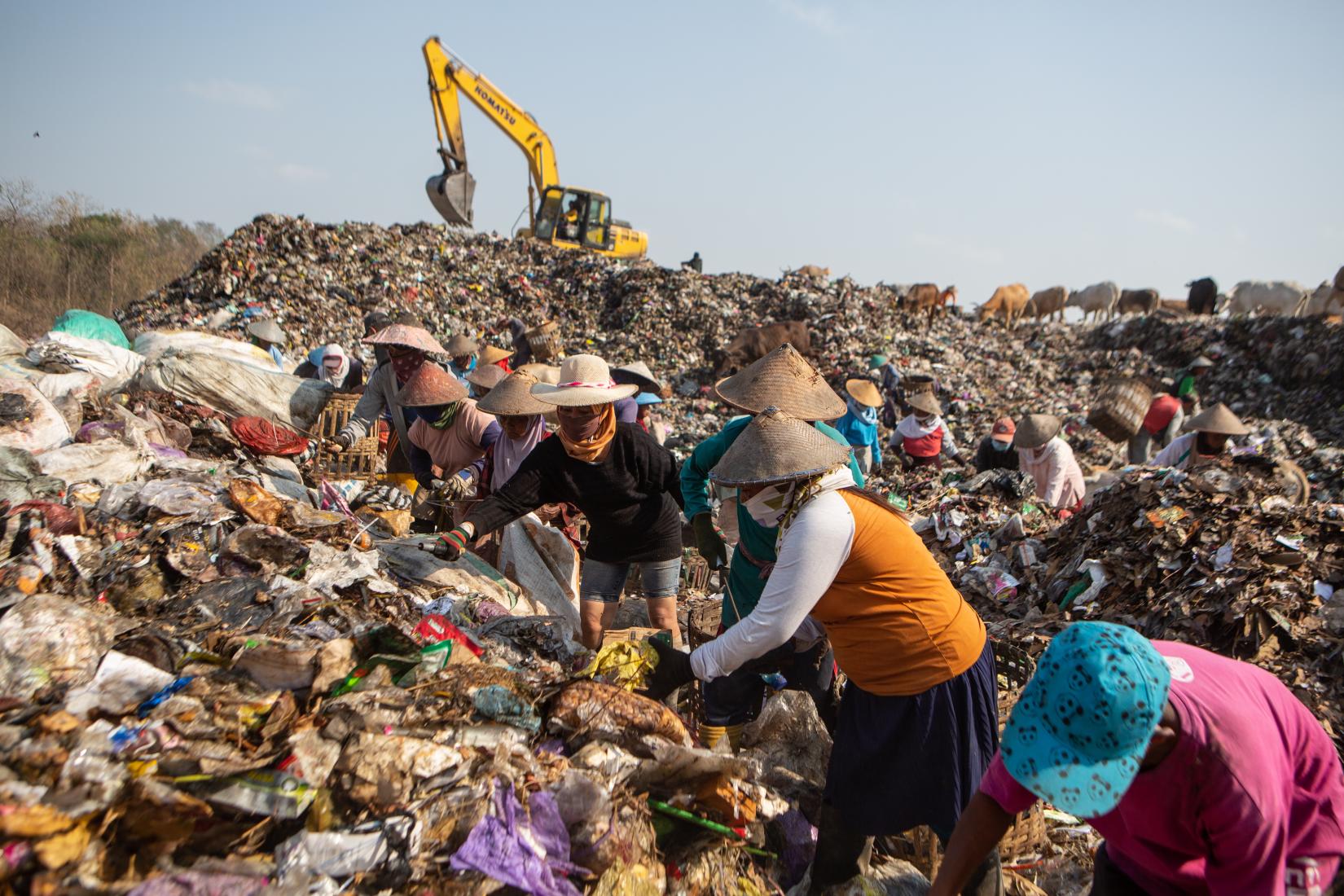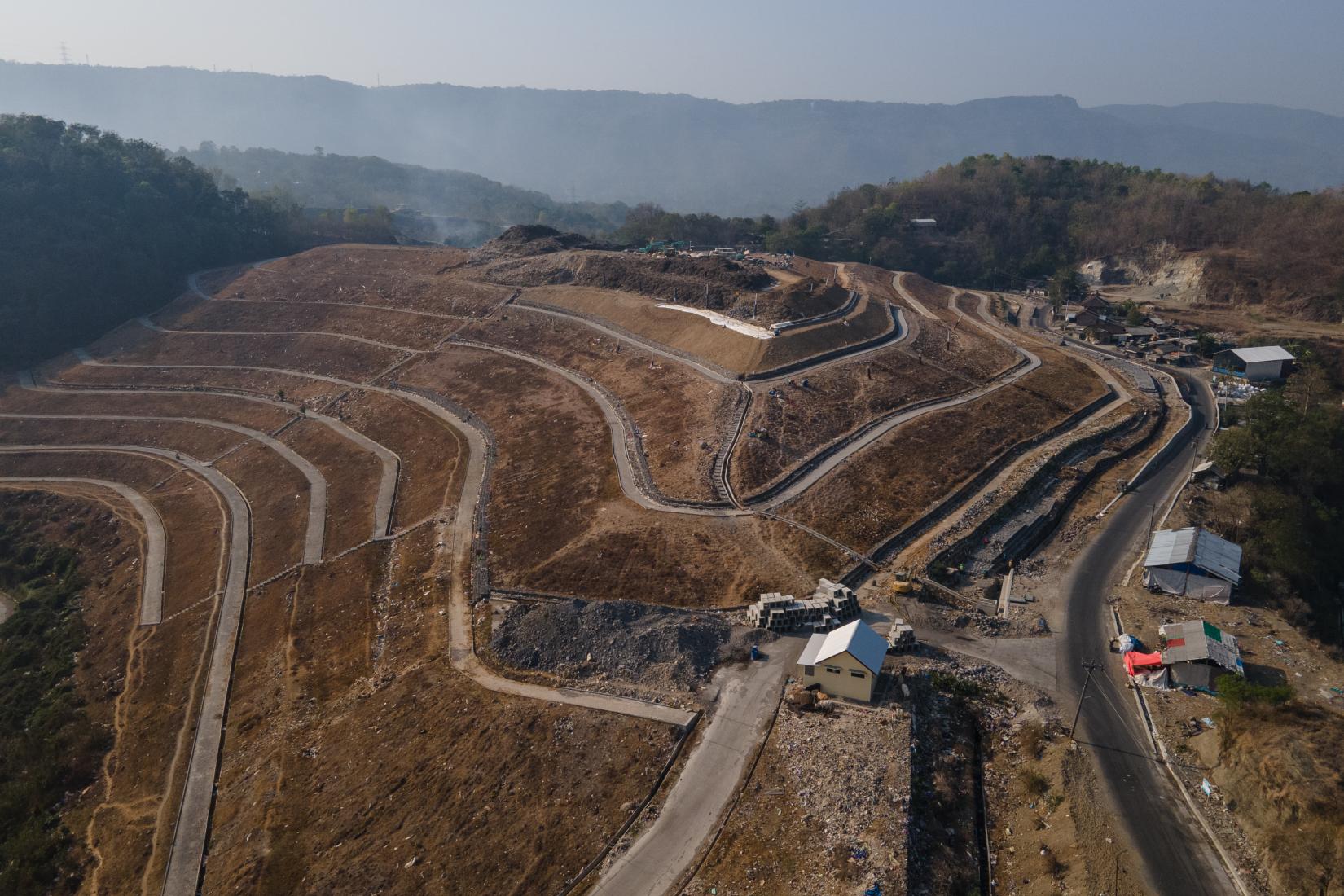How Islamic Financing Helped Clean Up a Landfill in Yogyakarta

--------
The smelly, groundwater polluting, 140-meter-high garbage dump that used to be on the edge of Yogyakarta is no more – replaced with a state-of-the-art sanitary landfill.
Financing through the UNDP-supported Green Sukuk has enabled Indonesia’s Ministry of Public Works and Housing to improve life for residents living near the site of the old dump through better management and improved sanitation of the site. Today, instead of garbage piling up, it is compressed, buried, and layered with protective material to allow it to decompose into biologically and chemically inert materials.
"Before the revitalization, the landfill created so many problems in our lives. We couldn't use the groundwater because it was smelly and grey,” said Sampto, 72, who lives at the foot of the site in Piyungan. “All the people who were living there suffered the same health risk, such as skin infections and bronchial problems.”

Revitalization of the landfill is one of many initiatives funded by Green Sukuk, a Sharia-compliant bond to finance government projects that deliver climate change mitigation and adaptation benefits. Proceeds from some US$6.9 billion Indonesia has issued in Green Sukuk since 2018—more than any other country for this type of bond—have financed a range of projects across renewable energy, sustainable transportation, waste management, and climate resilience.
“The Indonesian government is committed to issuing more Green Sukuk in the future,” Indonesia’s Finance Minister Sri Mulyani Indrawati wrote in a foreword to the Government’s 2023 Green Sukuk Allocation and Impact Report. “These Sukuk will help Indonesia to reduce its greenhouse gas emissions, build a more sustainable economy, and create a better future not only for all Indonesians but also for the rest of the world”
Landfill revitalization was just the first step for the Special Region of Yogyakarta in dealing with its waste problem, putting in motion efforts to revitalize the environment for communities that live in the area. In the future, organic waste from households will be processed into compost for the city's gardens, while plastic waste from factories and shopping centres will be sorted for recycling. The Piyungan project also included a social component: providing those who used to scavenge from the dump access to regular health check-ups from Yogyakarta’s environment agency.

“The partnership between UNDP and the government on the issuance of Green Sukuk since 2018 ensures that funds collected under the scheme promote projects that focus on the transition to a low-emissions economy and climate-resilient development,” said Muhammad Didi Hardiana, Head of the Innovative Financing Lab of UNDP Indonesia.
The Green Sukuk is just one of a range of innovative financial mechanisms UNDP has helped the Indonesian Government launch to bridge the country’s financing gap for the Sustainable Development Goals (SDGs), which is estimated to reach US$1.9 trillion by 2030. In May 2023, UNDP—through an SDG Fund-backed joint programme with UNICEF, UNIDO and UNEP—supported Indonesia in issuing a first-of-its-kind Blue Bond in the Japanese debt capital market, raising JPY 20.7 billion (US$ 150 million). The bond—which will help finance projects in coastal protection, sustainable fisheries and aquaculture management, marine biodiversity conservation, and mangrove rehabilitation—adds to the US$7.5 billion in innovative financing for sustainable development the UN helped mobilize by the end of 2022.







